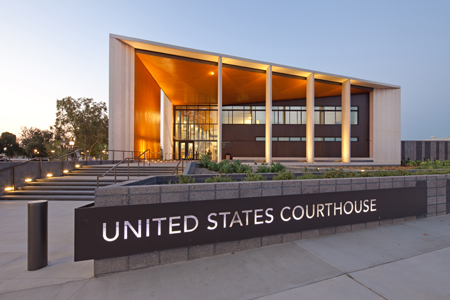Filing for bankruptcy can be a very challenging experience. For many people, the biggest question is related to which types of debt can be discharged. One type of debt that many find confusing are court judgments.
Court judgments are awards plaintiffs have won against you by filing a lawsuit in court. These awards may arise from all types of transactions, including medical expenses or personal injuries related to negligence. The bankruptcy rules on these types of judgments are not clear-cut, as some of these debts may be dischargeable while others are not.
In California, if you have a judgment against you that involves a debt such as unpaid medical bills or consumer loans, you can likely discharge it in bankruptcy. Although the judgment will remain on record with the local court, it is no longer enforceable by the creditor.
You can likely discharge judgments in bankruptcy related to negligence.If you owe money stemming from a personal injury lawsuit, for example, you usually can discharge it in bankruptcy, unless you were determined to have been driving under the influence. Even after a bankruptcy hearing, you will still be on the hook to pay the amount you owe.
It’s also important to note that judgments resulting in property liens are usually not removable through bankruptcy, unless they impair on exemption in property that you can claim. If a creditor gets a judgment against you and then uses it to place a lien on your property, a separate legal procedure is required to undo this option.
If you have questions or need assistance when filing for bankruptcy protection, work with Max Gardner, an AV-rated California bankruptcy attorney.





